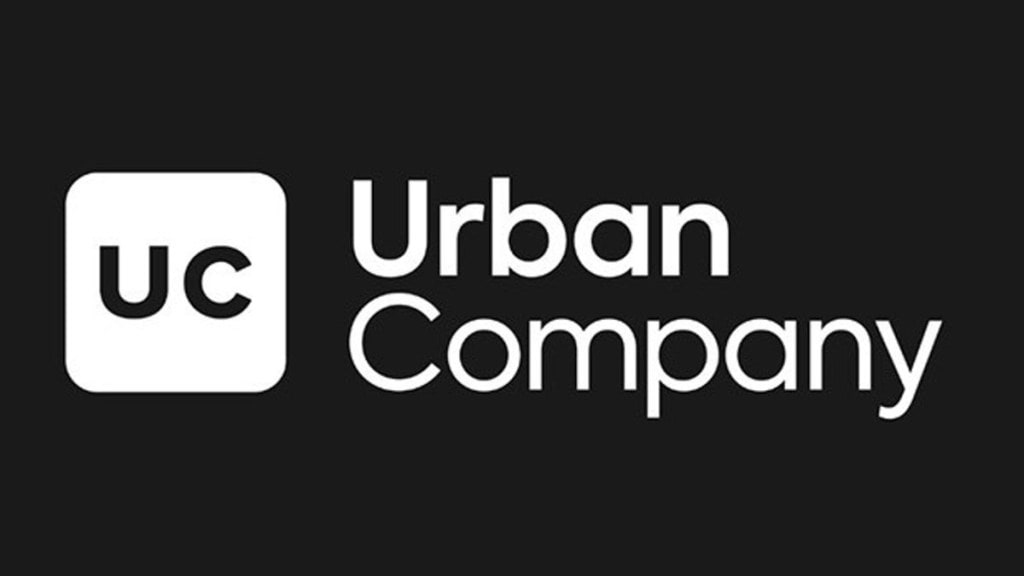The wait is over. Urban Company is hitting the stock market today. After a Rs 1,900 crore IPO that saw record-breaking subscription numbers, investors are eagerly watching for the listing. The company is scheduled to debut on Dalal Street, on both the BSE and NSE, at 10 a.m.
After a record-breaking IPO subscription and strong anchor backing, all eyes are on whether the company can turn expectations of a bumber first-day listing into a reality? Let’s take a look at the key factors to watch out for –
Urban Company IPO: GMP buzz ahead of the listing today
Urban Company’s shares created a lot of buzz in the grey market. The grey market premium (GMP) initially peaked at around Rs 70 per share, marking a 68% premium over the issue price of Rs 103.
As of September 16, the GMP has eased slightly to a range of Rs 53–55 per share, which still represents a 51-54% premium over the upper band of the issue price. Some trackers reported it trading closer to Rs 54-55.5. Compared to its peak, the GMP is down Rs 15–17 so far, indicating that trading enthusiasm has cooled a bit.
As of now, ahead of its listing today, the shares are still trading around 49.5% above the issue price.
However, it is important to note that GMP is not the actual listing price as it fluctuates based on market sentiment.
Urban Company IPO: Investor subscription details
The IPO was heavily oversubscribed, closing at 103.63 times overall. Qualified institutional buyers (QIBs) were the most active, subscribing 140.2 times their allocation. Non-institutional investors, mainly high-net-worth individuals, subscribed 74.04 times, retail investors 39.25 times, and company employees 36.79 times.
Urban Company IPO: Issue composition and fund use
The Rs 1,900 crore IPO had two components. This includes a fresh issue of Rs 472 crore and an OFS of Rs 1,428 crore by existing investors. Major shareholders selling stakes include Accel India, Elevation Capital, Bessemer India Capital Holdings II, Internet Fund V, and VYC11.
Proceeds from the fresh issue will be used for technology upgrades and marketing initiatives, while OFS proceeds go directly to the stakeholders diluting stake.

